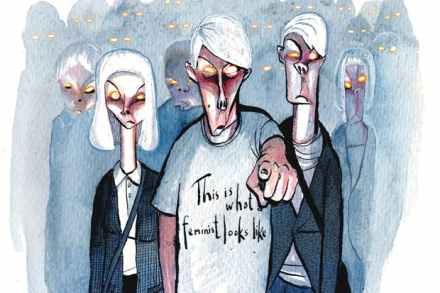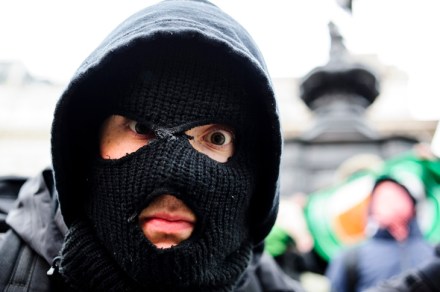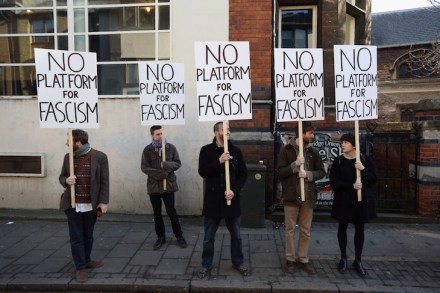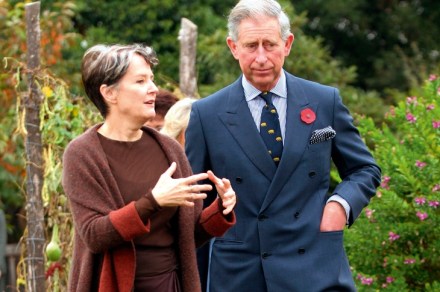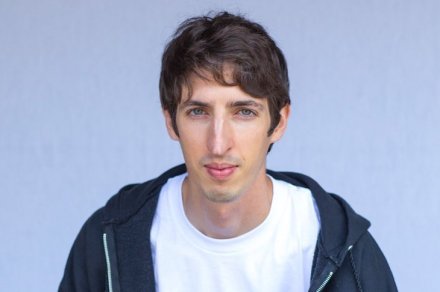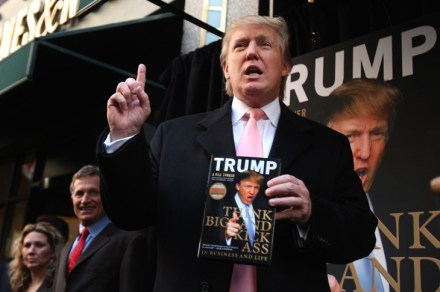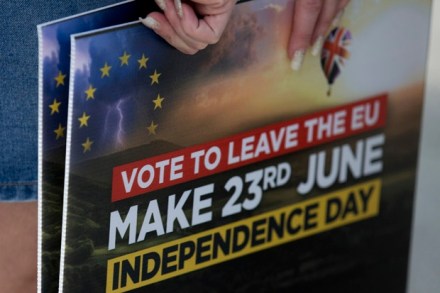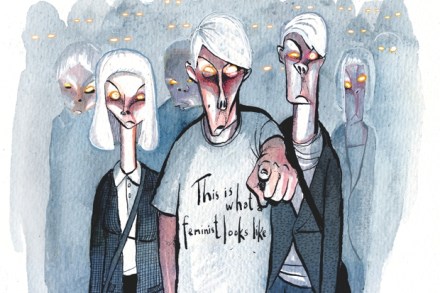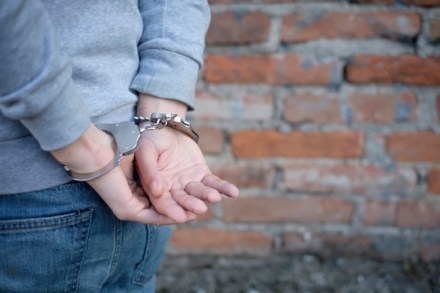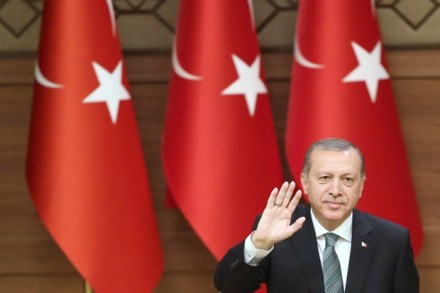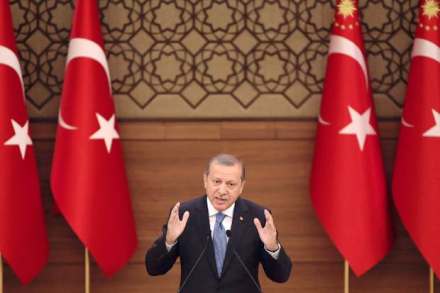The neo-Marxist takeover of our universities
According to Greg Lukianoff and Jonathan Haidt, America’s universities have succumbed to ‘safetyism’, whereby students are protected from anything that might cause them anxiety or discomfort. In their book The Coddling of the American Mind, published this week, they attribute the spread of ‘trigger warnings’, ‘safe spaces’ and ‘bias hotlines’ on campus to a misplaced concern about the psychological fragility of students. In their view, millennials aren’t ‘snowflakes’, but imagine themselves to be on account of having been surrounded by over-protective parents and teachers. The fact they are the first generation of ‘digital natives’ hasn’t helped, since it has left them marooned in echo chambers, unaccustomed to challenge. In addition,
